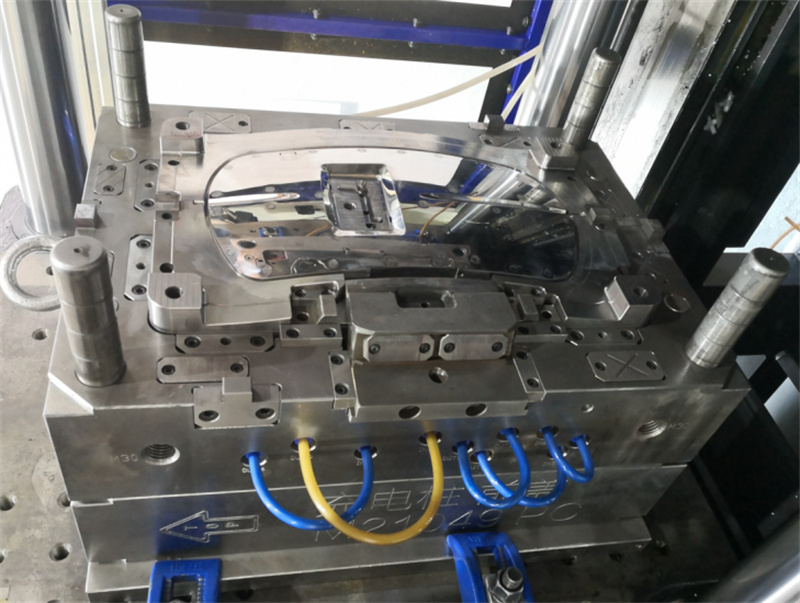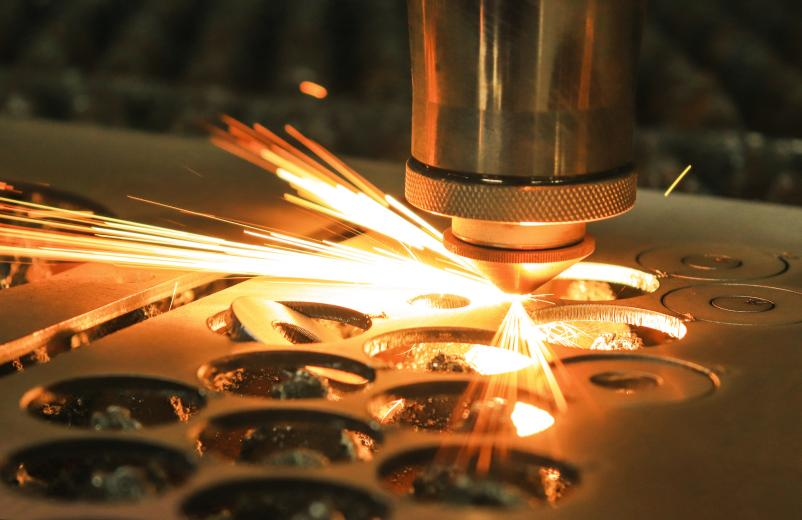Search
What is the difference between plastic injection and aluminum die casting?
- Sep 10,2023
-
Share
When it comes to manufacturing complex parts and components, two popular methods that are often employed are plastic injection and aluminum die casting. While both techniques are used to create intricate shapes and designs, there are significant differences between them in terms of materials, processes, and applications.

Plastic injection, as the name suggests, involves injecting molten plastic material into a mold cavity. The plastic material is heated and then forced into the mold under high pressure, where it cools and solidifies, taking the shape of the mold. This process is widely used for producing a variety of plastic parts, ranging from small and intricate components to larger objects.
On the other hand, aluminum die casting is a process that involves injecting molten aluminum alloy into a steel mold cavity. The molten metal is forced into the mold under high pressure, and once it cools and solidifies, the mold is opened to reveal the finished product. Aluminum die casting is known for its ability to produce complex shapes with high precision and excellent surface finishes.
One of the key differences between plastic injection and aluminum die casting lies in the materials used. Plastic injection primarily utilizes thermoplastics, which can be melted and re-melted multiple times without significant degradation. This makes it suitable for applications where flexibility and ease of molding are important. On the other hand, aluminum die casting employs aluminum alloys, which offer superior strength, durability, and heat resistance. This makes it ideal for applications that require high structural integrity and dimensional stability.
Another difference lies in the manufacturing process itself. Plastic injection is a relatively fast process, with shorter cycle times, allowing for high-volume production. It also offers greater design flexibility, as intricate shapes and features can be easily achieved. Aluminum die casting, while slightly slower, offers excellent dimensional accuracy and repeatability, making it suitable for producing parts with tight tolerances.
Furthermore, the applications of plastic injection and aluminum die casting differ based on their material properties and manufacturing capabilities. Plastic injection is commonly used in industries such as automotive, electronics, and consumer goods, where lightweight and cost-effective parts are required. Aluminum die casting, on the other hand, finds applications in industries such as aerospace, automotive, and industrial equipment, where strength, durability, and heat resistance are crucial.
In conclusion, plastic injection and aluminum die casting are two distinct manufacturing processes with their own advantages and applications. Plastic injection is ideal for producing intricate plastic parts with flexibility and design freedom, while aluminum die casting excels in creating complex metal components with superior strength and dimensional accuracy. Understanding these differences is essential for manufacturers to choose the most suitable method for their specific requirements and achieve optimal results.

Let’s talk! We’ll provide the perfect solution for you!
-
 Tripath International is a Canadian company with offices and manufacturing facilities in Canada and China to provide global-scale offerings in Industrial Design, Engineering, Supply Chain, and Manufacturing services, and the ability to convert your concepts into volume production.
Tripath International is a Canadian company with offices and manufacturing facilities in Canada and China to provide global-scale offerings in Industrial Design, Engineering, Supply Chain, and Manufacturing services, and the ability to convert your concepts into volume production. - Core services — PCBA Design & Manufacturing — Product Manufacturing — Product Structure Design — Plastic & Metal 3D Model Printing — Mold Design — Mold Manufacture — Surface Finishing — Testing
- Technology — PCBA Design And Manufacture — Plastic Injection Molding — Plastic Extrusion — Aluminum Die Casting — Laser Cutting And Welding — Mold Processing — Surface Finishing Technology
- Testing — Product dimension test — Product Rohs environmental test — Flame retardant test — Surface roughness test — Tensile strength test — Metal element test — Wear resistance test — Hardness test — Salt spray test — Low & high temperature aging test — Water proof test — Battery cycle test — Temperature rise test
- Copyright © 2025 Tripath International Inc. All Rights Reserved.
- Design By BONTOP


